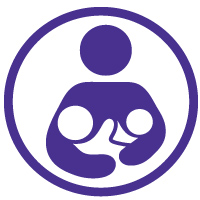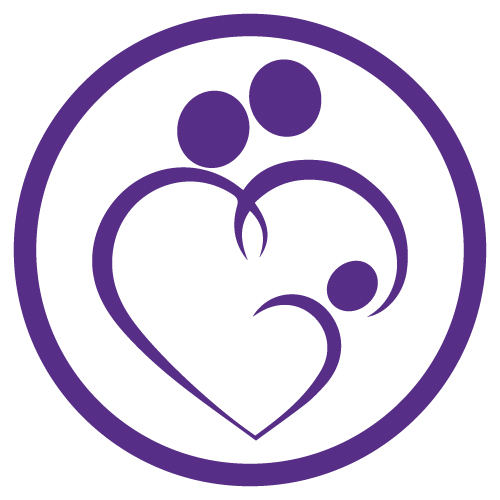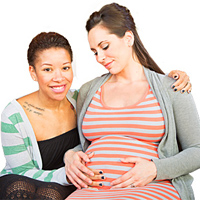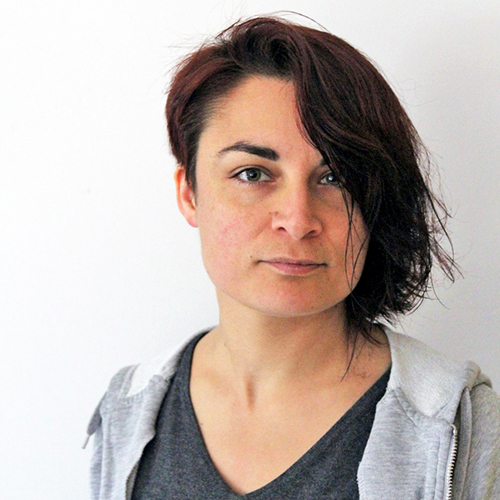 Lactation & Breastfeeding Online Course(s) & Continuing Education
Lactation & Breastfeeding Online Course(s) & Continuing Education
Access the latest clinical skills and research for Lactation & Breastfeeding for professional training. These Lactation & Breastfeeding online courses provide practice-changing skills and valuable perspectives from leading global experts. This Lactation & Breastfeeding education has been accredited for a variety of CEUs / CERPs and can be accessed on-demand, at your own pace.


Briana Tillman received her undergraduate degree in International Relations from the United States Military Academy at West Point. She has been a La Leche League Leader for 9 years and is a board certified lactation consultant. After spending 10 years as a stay-at-home mom, she is currently attending medical school at Rocky Vista University College of Osteopathic Medicine in Parker, Colorado. She loves spending time with her husband and three elementary-school-aged children—as a family they like to play board games, go camping, and play bluegrass and chamber music.
Topic: Breast Milk and the Microbiome - [View Abstract]
Recently, much scientific inquiry has turned to the new frontier of the “microbiome", the many microscopic beings living commensally or symbiotically in and upon the human body. Breast milk’s contribution to the development and sustenance of healthy gut bacteria is immense, in that it not only provides bacteria for the initial seeding, but also contains an ideal nutrient base designed to promote beneficial flora while simultaneously discouraging pathogens. This presentation will explore the relevant theories and understanding of these processes.
We will delve into the long-term health outcomes associated with the microbiome, including obesity, diabetes, brown-to-white fat ratio, gastrointestinal concerns, and allergies. This presentation will also explore the impact of breast milk storage and pasteurization techniques on its microbiologic activity. Additionally, we will look at other aspects of the microbiome as they relate to skin-to-skin contact, vaginal birth and breastfeeding.
Finally, we will describe bacterial roles in infant neurological development, allergies, digestion, immunity, and future obesity. Healthcare practitioners need to be aware of the benefits of microbial diversity in order to effectively counsel new parents, especially those with infants at risk for immunological or digestive concerns.
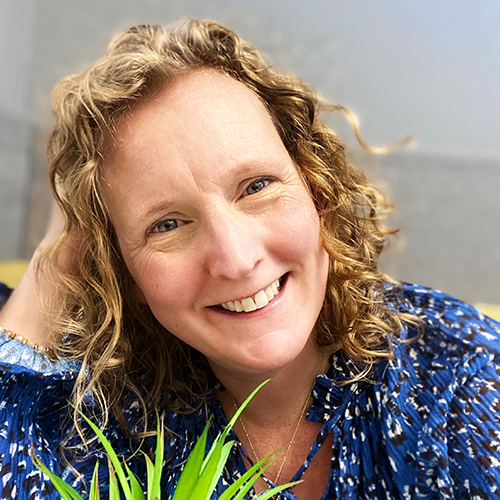

Anna Le Grange is an International Board Certified Lactation Consultant, Registered Pediatric Nurse, Mindfulness teacher and Author. She has worked with new families for over 20 years in a variety of clinical roles. Anna brings her passion for psychology, neuroscience and mindfulness into her lactation support work and facilitates other professionals to incorporate emotional well-being tools into their own lactation practice. Mother to 3 children, Anna breastfed her 3rd child following breast reduction surgery and experienced first-hand, the emotional challenges that so often relate to infant feeding complexities. She used her personal experiences alongside mindfulness and lactation knowledge, to create a toolbox of techniques for breastfeeding families, which she includes in her courses and book, The Mindful Breastfeeding Book. Anna believes whole-heartedly in prioritizing calm and connection within our breastfeeding support practices, both for our clients and ourselves. Anna is currently studying for a MSc in Positive Psychology at Buckingham New University and has spoken at various events including the Gold Lactation, ILactation Conference and Nurturing The Future.
Topic: Being Mindful: Case Studies of Mindfulness Tools in Clinical Lactation Practice - [View Abstract]
Topic: Breast/Chestfeeding After Breast Reduction - [View Abstract]
Topic: Working With Anxious Parents and Fussy Babies - [View Abstract]
With breast surgery becoming more common, it's important for professionals to understand how it can affect lactation and the experience of breastfeeding or chestfeeding parents. Both an IBCLC and Mum who breastfed her daughter after having breast reduction surgery, Anna Le Grange talks through the implication of breast reduction surgery on lactation, covering both the physiological and psychological challenges that parents face. As well as sharing the experiences of those who have had breastfed after surgery, Anna introduces practical steps that supporters and professionals can take to help their clients define and strive for their breastfeeding or chestfeeding goals in a gentle and realistic way.
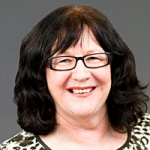
Breastfeeding - what we need to know as Birth Workers

Geraldine has been involved in breastfeeding support and education for 30 years in Ireland. She works in private practice as a Lactation Consultant doing home visits. She has a major interest in Adult Education and she runs Training of Trainer (Lactation) courses for healthcare professionals in Ireland. She tutors for a group called Cuidiú, training both breastfeeding counselors and childbirth educators.She has organized Peer to peer education for other groups in Ireland and abroad. Geraldine has spoken at many conferences both in Ireland and abroad or a range of topics but her choice usually comes back to her interest in Adult education and the theories around learning styles, groupwork, experiential learning and programme development.
Topic: Learning styles – Certainly Not a One Size Fits All - [View Abstract]
Birth workers are usually the first contact with parents and are therefore the people who are best placed to influence them in their choice of infant feeding method. Adults only retain information on a ‘need to know’ basis, so meeting the needs of individuals in your interactions is important. Whether you provide a formal breastfeeding class or just have 5 mins to chat during a prenatal visit, what is the best way for you to provide evidence, which information is important. How can you help parents to make an informed decision about feeding. Adult education theory, learning styles, aims and learning outcomes for your interactions, as well as breastfeeding information will be presented and ideas for how you can make your clients learning fun and interactive.
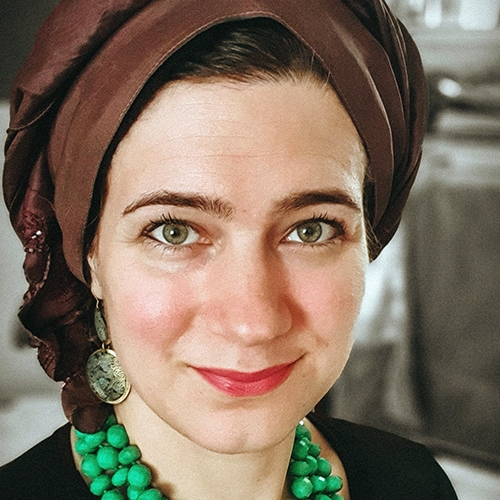
Breastfeeding / Nursing Aversion and Agitation (BAA) in breastfeeding mothers

Zainab Yate is a Biomedical Ethicist, with a specialist interest in infant feeding. Zainab is Vice Chair and named qualitative lead on a paediatric flagged Research Ethics Committee Panel for the Health Research Authority (HRA) in the UK, reviewing research protocols for over a decade. Zainab's previous working background is in Public Health and Commissioning the National Health Service (NHS) in the UK. She had also been a volunteer breastfeeding peer supporter with the NHS for a number of years, is the owner-author of the resource site for mothers and healthcare practitioners on Breastfeeding / Nursing Aversion and Agitation and author of "When Breastfeeding Sucks".
Topic: Breastfeeding / Nursing Aversion and Agitation (BAA) in breastfeeding mothers - [View Abstract]
Topic: Research Ethics & Infant Feeding: How to Utilise the Four 'D's of a Brief Assessment - [View Abstract]
Aversion to breastfeeding or agitation while breastfeeding is known to occur in some women who breastfeed while pregnant, or who tandem feed a newborn and a toddler. However, it is a little researched area, and the paucity of published literature around breastfeeding aversion and agitation reveals a significant gap in the literature. My presentation presents the findings of an exploratory online survey that sheds light on what appears to be a commonly experienced phenomenon of aversion and agitation whilst breastfeeding, which varies in form, severity and duration. BAA is characterised by feelings of anger or rage, a skin crawling sensation and an urge to remove the suckling infant, but can also be feelings of agitation and irritability whilst the infant is latched. Mothers who experience BAA still continue to breastfeed, but have feelings of guilt and shame about BAA and are often confused about having feelings of BAA. Research is needed to understand the reasons for BAA, its causes, triggers and strategies to minimize the experience in breastfeeding mothers.

View Details / Enroll
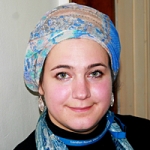
View Details / Enroll
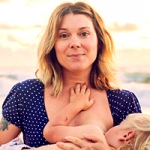

Meg is the mother of three breastfed boys and lives with her husband and children in QLD, Australia. She is an International Board Certified Lactation Consultant (IBCLC) in private practice and works with parents to help them reach their breastfeeding goals. She has a degree in psychology and her prior work was is in counselling and sexual health. She was a La Leche League Leader (breastfeeding counsellor) for seven years before becoming an IBCLC. Meg is the author of two books including, "Boobin' All Day...Boobin' All Night. A Gentle Approach To Sleep For Breastfeeding Families". She has published articles in numerous parenting magazines and websites. She was also filmed for a short documentary, "Lactaboobiephobia", based on one of her blog posts which was released in 2016.
Topic: Breastfeeding With A Tongue Tie. How Can We Help When A Tie Revision Is Not Possible? - [View Abstract]
Topic: Exclusively Breastfeeding Triplets-Case Studies - [View Abstract]
Topic: Social Media Backlash – Addressing Emotionally Charged Responses - [View Abstract]
Topic: What to Do When the Laid-Back Breastfeeding Position Doesn’t Work…Self Attachment, the Flipple Technique and the Koala Hold All With a “Hands Off” Approach - [View Abstract]
Breastfeeding a baby with Down syndrome can bring many challenges to both mother and baby and many women are told they will be unable to breastfeed. This presentation will give examples of women who have faced different challenges breastfeeding their babies with Down Syndrome, yet had successful breastfeeding outcomes with the right support and information. This will include case studies with specific tips and suggestions that will help the lactation professional in offering support to these families. These women have faced many challenges including; prematurity, low muscle tone, breastfeeding into toddlerhood and a toddler who did not start breastfeeding until his mother had another baby when he was 2 ½ years old! This presentation will cover the most common challenges that families face when breastfeeding a baby with this condition and the possible solutions for them.

View Details / Enroll


Paulina is the mother of three multicultural Latino children and Project Director for Lifespan Local. Paulina earned her BS in Psychology from the Pennsylvania State University, a MS in Organizational leadership from the University of Denver and is completing her PhD in Health and Behavioral Sciences at the University of Colorado - Denver. Paulina has over 18 years of experience working with families with young children. As a Maternal Child Health specialist for Jefferson County Public Health, she developed a NICU follow-up home visitation program and the pediatric emergency preparedness plan, co-founded and coordinated the Conectando Network (former Adelante Jeffco), established community navigation and lactation support groups focused on the Latino Spanish speaking community, and lead other initiatives to support leadership and partnerships among communities and organizations. During the COVID-19 pandemic, she managed the new program Whole Community Inclusion to ensure the pandemic response and recovery implementation included health equity practices that recognize the needs and the strengths of priority populations in the county. Her areas of current work include promoting perinatal and infant mental health along the continuum of care; building community capacity to navigate health and education systems; facilitating organizational change to embrace linguistic and culturally responsive practices; and establishing community-placed participatory programs to strengthen communities. She likes to be with people, learn from and with others, and connect passions for meaningful work.
Topic: From the NICU to the home: mother’s experiences - [View Abstract]
Topic: Leadership Skills in Lactation: Make Extraordinary Things Happen - [View Abstract]
Topic: Liderazgo en Lactancia - Para Alcanzar Metas Extraordinarias - [View Abstract]
Topic: Nursing A Preemie, Perspectives For Lactation Supporters and Professionals - [View Abstract]
Breast/chest feeding is a biological, emotional, and social process. There is an undeniable link between human
milk and behaviors associated with feeding. Breast or chest feeding provide the perfect environment for babies’
development, such as bonding, attachment, mutual regulation, security, etc. But what happens when parents
can’t access effective, culturally competent, compassionate lactation services? What happens when over
generations lactation support has been lacking?
Every parent deserves the chance to meet their feeding goals and enjoy the short and long term benefits of
human milk feeding. Social inequities augment the effects of not experiencing those benefits making it even
harder for parents and babies to have their physical, emotional and social needs met. Outcomes of lactation
impact the dyad, the family, the community beyond the nutritional needs of the infant.
Advocacy efforts at local, regional and national levels create meaningful opportunities for health equity, so
those with no power or resources can reach optimal health. Lactation consultants are in a unique position to
advocate and partner with others to support policies and programs that focus on equity as a systems approach
to benefit marginalized communities and impact their physical and mental health in the long-term.

View Details / Enroll
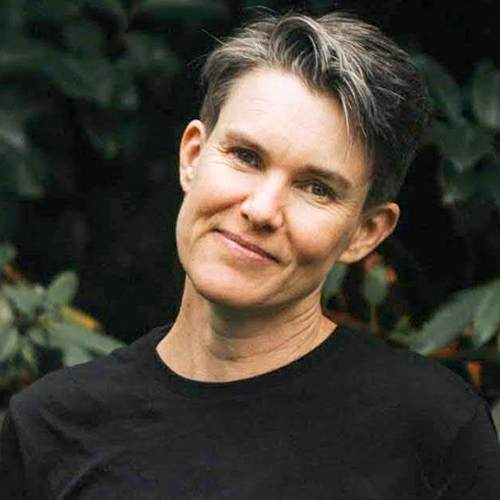
Breastfeeding and Chestfeeding With an Oral Cleft: Scaffolding for Success

Aiden Farrow is an IBCLC, writer, speaker, and infant feeding and health equity advocate. Parent of a child born with a cleft lip and palate, they have advocated extensively over the last 16 years in order to increase awareness of the specific challenges faced by cleft affected infants and their families and to increase adequate lactation support for this community. Based in Victoria BC, Aiden has a private practice entirely focused on babies with oral clefts, providing support internationally via telehealth. Aiden serves on the editorial review board of the Journal of Human Lactation and co-authored the journal’s policy on sex and gender inclusion. Aiden works with Indigenous families as a family support worker and lactation and infant feeding consultant at the Victoria Native Friendship Centre and has a special interest in food security and food sovereignty for infants and toddlers.
When a baby is born with a cleft lip, cleft palate, or cleft lip and palate, how the infant will be fed is an immediate and compelling issue to resolve. Once the baby is feeding competently at the breast or with a bottle, the family may receive little to no feeding support between the early weeks after birth until the recovery period following lip or palate surgery. While full breastfeeding (directly at the breast, without compensations or devices) is theoretically possible once the lip and palate are repaired, some babies have difficulty returning to direct breastfeeding or chestfeeding, and babies who have never been breastfed or chestfed, lack the oral skills to do so. In this presentation, I will discuss what “scaffolding for success” means in the context of breastfeeding and chestfeeding with an oral cleft. I will cover how to counsel parents at each significant stage of the baby’s cleft care timeline, how to support a parent’s unique feeding goals, how to break down a feeding goal into smaller, achievable steps, techniques for supporting at the breast feeding for babies with unrepaired clefts, best practices for achieving a full milk production, mixed feeding, feeding tools, and how to support developmentally appropriate feeding skills before and after cleft repair surgery.
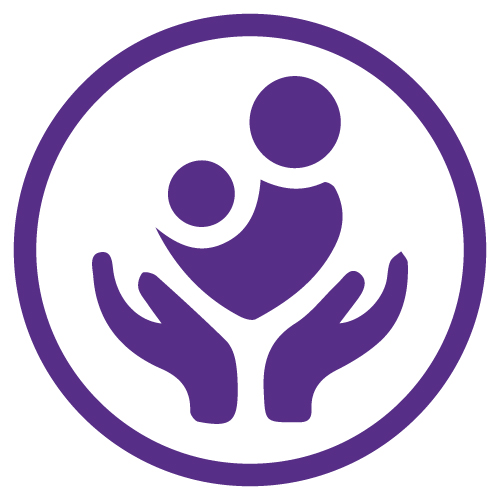
View Details / Enroll
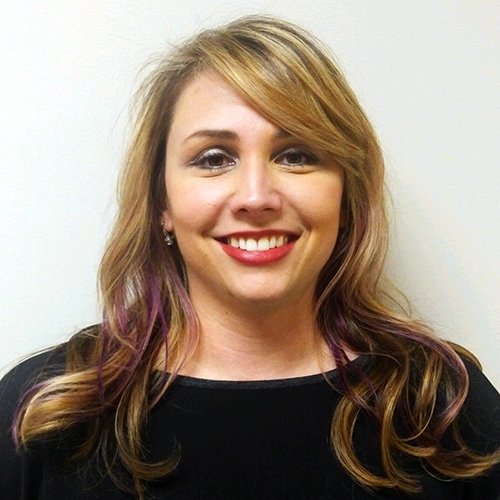
Breastfeeding and Neonatal Abstinence Syndrome

Amber Valentine is a Speech-Language Pathologist who graduated from the University of Kentucky with her MS in Communication Disorders. She is a Board Certified Specialist in Swallowing and Swallowing Disorders and an International Board Certified Lactation Consultant, as well as a Certified Neonatal Therapist (CNT). She worked for Baptist Health Systems, Inc for 8 years before moving to Florida where she worked for Wolfsons Children’s Hospital and Mayo Florida. She is now back in Kentucky working for Baptist Health Lexington. She has experience in adults and pediatrics with feeding and swallowing difficulties including: bedside swallow evaluations, Modified Barium Swallow studies, FEES, and pediatric feeding evaluations including NICU. She has experience with head and neck cancer patient including evaluation and treatment of swallowing difficulties, PMV use, and voice after total laryngectomy including TEP. She has provided guest lectures for the University of Kentucky, Eastern Kentucky University, and the University of Louisville on feeding and swallowing topics. She has presented at the hospital, local, state, national, and international levels on pediatric feeding/swallowing and breastfeeding.
Topic: Breastfeeding Medically Complex Infants in the Neonatal ICU - [View Abstract]
Topic: Building a Successful Breastfeeding Program in the NICU: Challenges and Practical Solutions - [View Abstract]
This presentation is designed to discuss the role of feeding therapy, breastfeeding, and family dynamics with infants with neonatal abstinence syndrome. These baby/family dynamics can be complex situations and feeding difficulties are extremely common. Breastfeeding education/information can be implemented prior to birth along with other education for families to promote more infant/family bonding and reduce stress of being born in substance exposure. Breastfeeding dramatically reduces stress signs in infants exposed to substances neonatally. Working together as an interdisciplinary team, we can set these families up for more successful feeding opportunities and decreased stress in developmental care.

View Details / Enroll
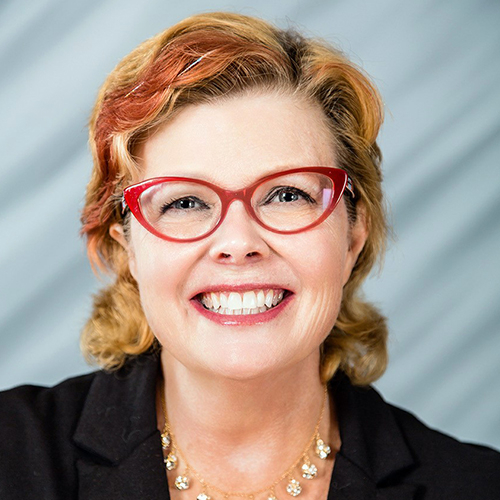
Breastfeeding and Survivors of Adverse Childhood Events

Dr. Kendall-Tackett is a health psychologist and International Board Certified Lactation Consultant, and the Owner and Editor-in-Chief of Praeclarus Press, a small press specializing in women's health. Dr. Kendall-Tackett is Editor-in-Chief of the journal, Psychological Trauma and was Founding Editor-in-Chief of Clinical Lactation, a position she held for 11 years. She is Fellow of the American Psychological Association in Health and Trauma Psychology, Past President of the APA Division of Trauma Psychology, and a member of APA’s Publications and Communications Board.
Topic: Breastfeeding Helps Mothers Overcome the Legacy of Abuse and Adversity: It Makes All the Difference - [View Abstract]
Topic: Burnout, Compassion Fatigue and Self-Care for Members of the Perinatal Team - [View Abstract]
Topic: Burnout, Secondary Trauma, and Moral Injury in Perinatal Care Providers - [View Abstract]
Topic: Does Breastfeeding Protect Maternal Mental Health? The Role of Oxytocin and Stress - [View Abstract]
Topic: Lessons to Learn from Fed Is Best: How Can We Improve Our Care? - [View Abstract]
Topic: Mother-Infant Sleep Location: It's Not as Simple as it Seems - [View Abstract]
Topic: Trauma and Breastfeeding: Working Effectively with Trauma Survivors - [View Abstract]
Topic: What’s New in Postpartum Depression? A Summary of Current Findings - [View Abstract]
Can events from childhood influence a woman’s current mothering experience and her health and well-being? Yes, they can, but they don’t have to be the blueprint for the rest of her life. This session provides an overview of the latest research on the effects of Adverse Childhood Experiences; their impact on breastfeeding; how they can affect a woman’s body, mind and spirit; and what she can do to cope.


Katrien Nauwelaerts graduated as a prehistoric archaeologist in 2005. She's the mother of three breastfed children and the administrator of the Dutch breastfeeding-website Borstvoeding Aardig, https://borstvoeding.aardig.be. Katrien worked as a volunteer breastfeeding-counsellor, provincial coordinator and training manager for the Belgian breastfeeding organisation Borstvoeding vzw between 2010-2014. Up tot 2018 she was the founder and president of Aardig Leven vzw, a non profit ecological organisation. In 2013 she became an IBCLC. Since 2013 she's working as a lactation consultant at her own private practice Borstvoeding Aardig. She became a nutritionist and a herborist in 2014. Katrien shares her experiences and knowledge on lactation consulting as a public speaker since 2014.
Topic: Breastfeeding and The Use Of Herbs - [View Abstract]
Topic: Young Mothers and Breastfeeding in Belgium - [View Abstract]
The medical use of herbs is as old as mankind. In this lecture IBCLC and herborist Katrien Nauwelaerts explains the difference between the regular medical approach of breastfeeding problems and the more holistic solutions used in phytotherapy. Katrien Nauwelaerts explains how the use of herbs can support and sometimes even replace the more traditional clinical treatment of breastfeeding problems such as postpartum depression, low milk supply, oversupply, engorgement, breast infection, plugged ducts, mastitis, candidiasis, thrush, and Raynaud Syndrome etc.

View Details / Enroll



